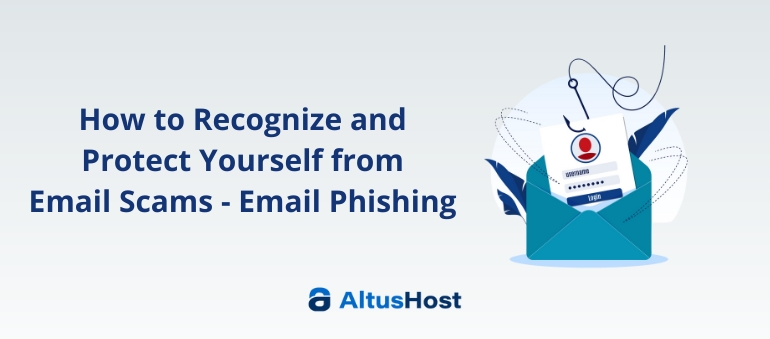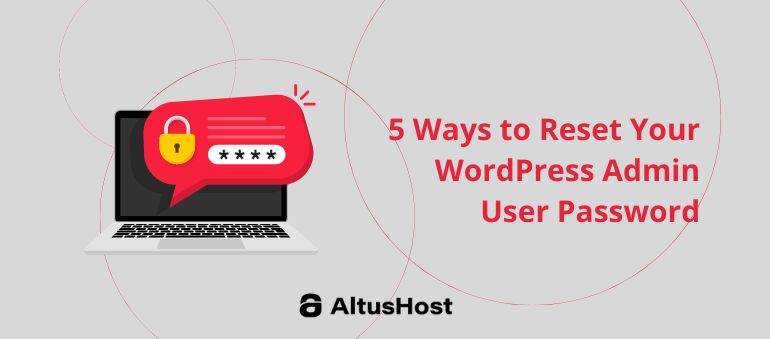Did you know that as many as 60 million Americans have been affected by identity theft at some point of time? As fraud and data compromising is more common, more and more people fear for the security of data.
With app use governing every day of our lives, it’s never been easier for hackers to steal our private information. Even though antivirus and antimalware softwares are more advanced, so is the number of smartphone users ignorant to the basics of internet security.
While people are skeptical about their data, companies aren’t. According to an online survey by Ponemon Institute, 69% of all CEOs believe their antivirus software is all they need. Despite this conviction, many startups falter due to damage from data theft. To prevent any security breaches, use these 7 tips to keep your online data safe. It’s much easier than you thought it would be.
1. Use strong passwords
It may sound weird when we emphasize this. Although many deem this tip as common knowledge, the majority isn’t aware of the importance of password efficiency. The main reason for this is that people afraid they will forget a more complex password.
To prevent themselves from forgetting (even though password storing software like 1Password exists), internet users resort to using simple numbers, rows of letter or simply – password. As a result, experts deem 86% of all passwords terrible.
The traditional advice for setting passwords includes using “random capitalization, numerals and a few symbols.” However, this form of password security has two distinct flaws:
– According to the National Institute of Science and Technology (NIST), using this mix of symbols is much easier for hackers to crack with various software. Since these passwords occur a lot, it’s easy to predict the diversity of symbols and then assess each one.
– It’s hard to remember. How often do you use “m7dSo0__2 #F@” every day? If the worst-case scenario comes, you will have to remember your password manually.
So, how does one set the perfect password? The NIST recently updated their guidelines. Nowadays, the best passwords are comprised of memorable long phrases, comprised of common English words.

Use them in odd combinations, such as “Potato comprehensible dock puddle.” By doing so, you make the password will be much harder to crack, as well as harder to forget.
Paint a vivid picture with words in your mind and pick the three or four representative terms to make a password.
2. Use a VPN
Even with stricter laws on data privacy, you can never know who is watching your browsing history and collecting your data. One of the most common countermeasures from data theft (both by thieves and the government) is installing a VPN on all devices that have internet access.
So, what is a VPN anyway? By definition, VPN stands for Virtual Private Network. It’s a form of a private connection that “spoofs” ISP, government trackers and anyone else watching you. Your online address is seen by others as in another part of the world.
For example, you can select your virtual address to be in Serbia or Indonesia or Australia or just anywhere you want to. And you will be untraceable – something like a virtual ghost.
VPNs have become more than just a commodity for people who do illicit activities. Here are just some ways your online data is secure due to the use of a VPN:
– You can bypass possible tracking in your office/college/high school. Although it isn’t officially confirmed, some facilities disregard the privacy of their students and employees. With a VPN, you can bypass all the restrictions on office or school computers.
– Connect to public WiFi networks without fear. Many hackers with knowledge in internet architecture use the WiFi baiting method. They set up a fake open WiFi, and people connect to it, only to have hackers steal their data. VPN shields you from such attacks.
– If you’re a journalist or activist, VPN can save you from legal prosecution by a government or regime.

3. If you own a blog/website, use VPS hosting
VPS stands for Virtual Private Server. It’s a new form of website hosting, much more different than traditional forms of hosting on physical servers. One of the main risks in the world of cybersecurity is using physical servers.
Why? Due to many websites sharing the same server, the attack on one can quickly lead to a breach within other websites, as well. To mitigate risks and be sure that your website is safe from DDoS attacks, pick a VPS service.
- With VPS, you have full root access. This means you have total control over the server, making it much harder for anyone to steal your online data.
- In shared hosting, a bad user can affect the performance of other websites. VPS hosting provides you with reliability. Even if an attack happens, you will know that there are no holes in the system for the attackers to enter through.
- Even if the worst-case scenario happens, data recovery is easier with multi-network hosting. You will be registered on different domains and much less prone to successful takedowns.

4. Be careful of the websites you visit
Even if you take all the necessary precautions to protect your online data, it’s all in vain if you’re not careful. There are two types of unsecure websites:
– Websites which were purposely created to steal online data from internet users
– Cases where the owner doesn’t invest into security enough, leaving the website prone to exploitation
To know if a website is secure, look for these two apparent signs:
- Check if the website has a secure URL – https instead of http. The S means secure and is a sign that the site uses a different security certificate, the SSL (Secure Sockets Layer). This is the best guarantee that the website doesn’t misuse your data.
- A green security address feature in the bar, usually accompanied with a lock icon is another sign of website security. Seeing this means that the website is using the highest validation level possible, the Extended Validation (EV).
5. Use cloud storage and avoid keeping your files on a physical drive
One of the most common ways hackers steal your online data is keeping it on a physical drive. This means that every piece of information has a constant source that can be reached at any time. Businesses often become victim of cyber attacks because they leave everything on a hard drive. There are two ways you can bypass these dangers and use the cloud:
1. Outsource important project plans, business reports, and whitepapers. Services such as Xpertwrtiers.com, Assignment Holic and College Paper can deliver the needed task to you, without the need to keep it on a company computer.
2. Use Google Drive. Even the most complex projects are not that difficult due to the many features of Google Docs. During project creation, Google will store every bit of information on Google Drive, its cloud service.
6. Analyze privacy policies and settings on every website you visit
In the world of cybersecurity, there are many practices which harm the user but aren’t illegal. Therefore, many websites encourages them. Of course, when you read them, it’s clear that they are detrimental to your privacy. To prevent visitors and customers from realizing this, most websites use a myriad of practices designed to make it seem less obvious.
Most countries have laws which require websites to state which data they collect from users. Although they have to state this, websites try to cover it up. They store it in sections of the website that are far to reach, the paraphrase or even don’t state everything.
Be meticulous and search the entire website. By doing so, you will be able to exit the website the moment you notice something fishy.
7. Avoid using real name and information unless necessary
This particular way of maintaining data security is easy, but many people disregard it. You would be surprised how much people can find out about you using your name, email, and date of birth.
The detail here draws the conclusion that perhaps the best ways of keeping online data secure is – not providing it! If you use Facebook and Instagram for personal connections, then feel free to put your real name.
Is there a reason you can’t use a fake name and email if you’re subscribing to a sports website or blog? No? Then it’s recommended to use your real name and verify your account with a phone number. The verification takes only a few minutes to create but can be your best defense against data theft.
Keeping your online data free is a process which involves planning and patience. Don’t provide any unnecessary data, cover your activity with a VPN. For your business, revert to VPS hosting and never leave any reports or other pieces of sensitive information on a physical drive. Be responsible and your data will be safe.
About the author: Scott Matthews is a software architect and SaaS marketing expert. His software consultancy and project reports helped sites like Paper Writing Pro and DoMyWriting become popular and more acclaimed. In his spare time, Scott loves diving and hiking, along with his childhood favorite sport – basketball.



